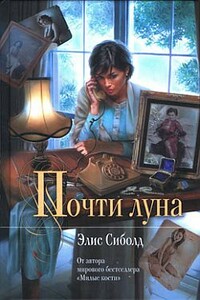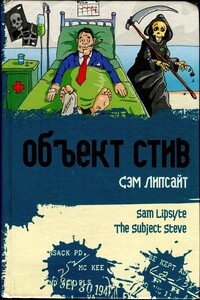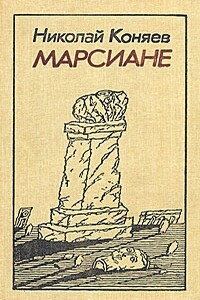Almost everyone in heaven has someone on Earth they watch, a loved one, a friend, or even a stranger who was once kind, who offered warm food or a bright smile when one of us had needed it. And when I wasn’t watching I could hear the others talking to those they loved on Earth: just as fruitlessly as me, I’m afraid. A one-sided cajoling and coaching of the young, a one-way loving and desiring of their mates, a single-sided card that could never be signed.
The train would be still or stop-starting from 30th Street to near Overbrook, and I could hear them say names and sentences: “Now be careful with that glass.” “Mind your father.” “Oh, look how big she looks in that dress.” “I’m with you, Mother,” “… Esmeralda, Sally, Lupe, Keesha, Frank…” So many names. And then the train would gain speed, and as it did the volume of all these unheard phrases coming from heaven would grow louder and louder; at its height between stations, the noise of our longing became so deafening that I had to open my eyes.
I saw women hanging or collecting wash as I peered from the windows of the suddenly silent trains. They stooped over baskets and then spread white or yellow or pink sheets along the line. I counted men’s underwear and boys’ underwear and the familiar lollipop cotton of little girls’ drawers. And the sound of it that I craved and missed – the sound of life – replaced the endless calling of names.
Wet laundry: the snap, the yank, the wet heaviness of double-and queen-sized sheets. The real sounds bringing back the remembered sounds of the past when I had lain under the dripping clothes to catch water on my tongue or run in between them as if they were traffic cones through which I chased Lindsey or was chased by Lindsey back and forth. And this would be joined by the memory of our mother attempting to lecture us about the peanut butter from our hands getting on the good sheets, or the sticky lemon-candy patches she had found on our father’s shirts. In this way the sight and smell of the real, of the imagined, and of the remembered all came together for me.
After I turned away from Earth that day, I rode the trains until I could think of only one thing:
“Hold still,” my father would say, while I held the ship in the bottle and he burned away the strings he’d raised the mast with and set the clipper ship free on its blue putty sea. And I would wait for him, recognizing the tension of that moment when the world in the bottle depended, solely, on me.
When her father mentioned the sinkhole on the phone, Ruth was in the walk-in closet that she rented on First Avenue. She twirled the phone’s long black cord around her wrist and arm and gave short, clipped answers of acknowledgment. The old woman that rented her the closet liked to listen in, so Ruth tried not to talk much on the phone. Later, from the street, she would call home collect and plan a visit.
She had known she would make a pilgrimage to see it before the developers closed it up. Her fascination with places like the sinkhole was a secret she kept, as was my murder and our meeting in the faculty parking lot. They were all things she would not give away in New York, where she watched others tell their drunken bar stories, prostituting their families and their traumas for popularity and booze. These things, she felt, were not to be passed around like disingenuous party favors. She kept an honor code with her journals and her poems. “Inside, inside,” she would whisper quietly to herself when she felt the urge to tell, and she would end up taking long walks through the city, seeing instead the Stolfuz cornfield or an image of her father staring at his pieces of rescued antique molding. New York provided a perfect background for her thoughts. Despite her willed stomping and pitching in its streets and byways, the city itself had very little to do with her interior life.
She no longer looked haunted, as she had in high school, but still, if you looked closely at her eyes you could see the skittery rabbit energy that often made people nervous. She had an expression of someone who was constantly on the lookout for something or someone that hadn’t yet arrived. Her whole body seemed to slant forward in inquiry, and though she had been told at the bar where she worked that she had beautiful hair or beautiful hands or, on the rare occasions when any of her patrons saw her come out from behind the bar, beautiful legs, people never said anything about her eyes.







